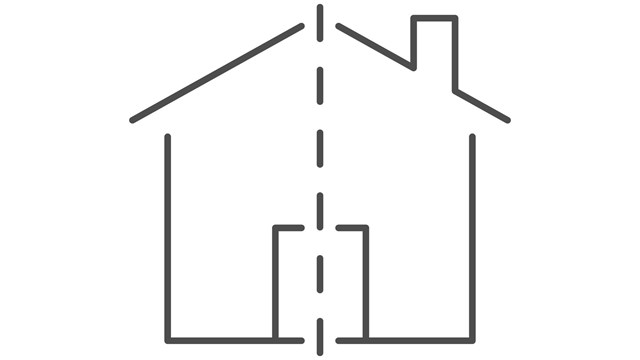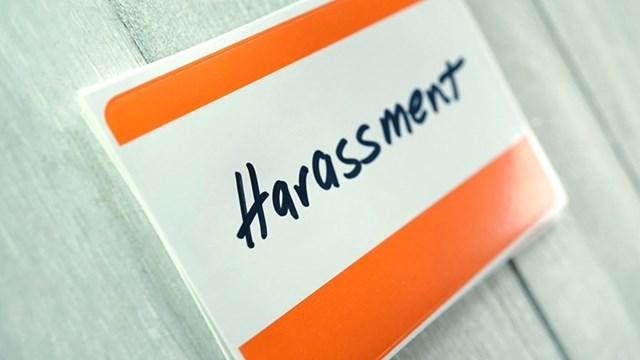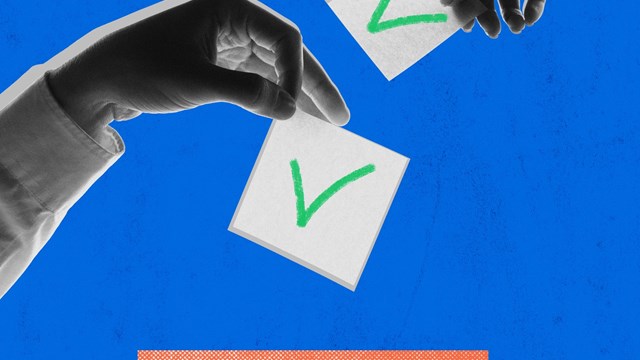
--Concerned Unit Owner
“Based on common law, and most likely your governing documents, the board stands in a fiduciary relationship with its members. That is, the board members have an obligation to do what is necessary to ensure the association is functioning properly. Trustees are obligated to discharge their duties in good faith and with a degree of diligence, care, and skill which ordinary prudent persons would exercise under similar circumstances in like positions (NJSA 15A:6-14). That means the board members are obligated to ensure enough funds exist to provide the services that are set forth in the annual budget, and for which members who are paying expect to receive.
“Assuming you are living in an condominium association, both your governing documents and statute authorize the board to levy assessments for common expenses. The Condominium Act (NJSA 46:8B-1 et seq.) provides that the association, through its board, has the authority to levy and collect sums needed to address the common expenses (NJSA 46:8B-14(b) and -15(e)).This provides the board with the assessment authority to raise dues as needed to address changing circumstances.
“As for the accusation you heard that the "last board was 'corrupt" and money wasn't being allocated correctly", as a member of the association you have an absolute right to inspect the books and records of the association (NJSA 15A:5-24), with some limitations. So, you may wish to avail yourself of this opportunity to determine if this accusation have any basis.
“Lastly, if the delinquency within your community is high, you also have the right to question your board members what they are doing to address this issue, how well management and counsel for the association is performing their respective jobs, and request of the board to provide you with an accounting of the amounts that are delinquent (you may know the amounts due, but the names and unit numbers of the members who are delinquent should not be made available to the membership at large).
“You, as a member of this association, have a right, and an obligation, to question your community leaders.”






Leave a Comment